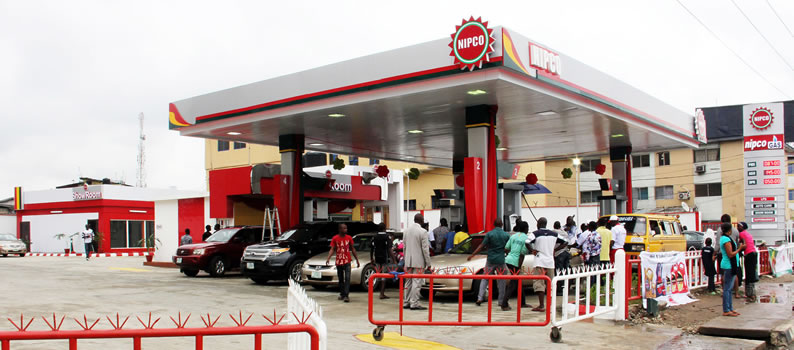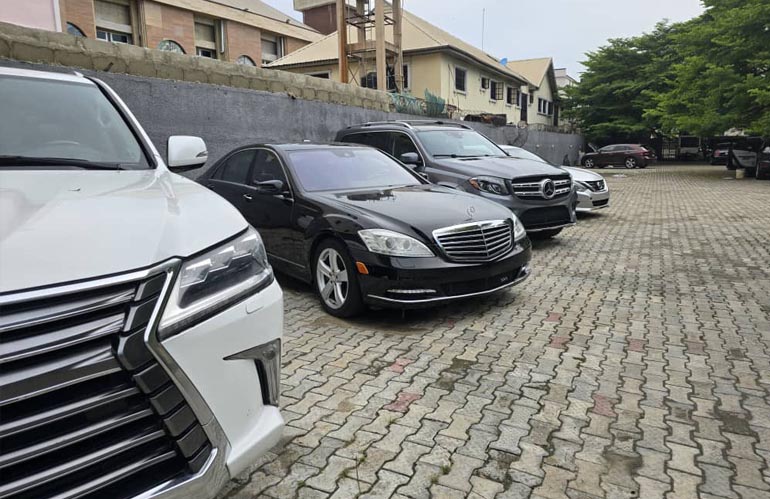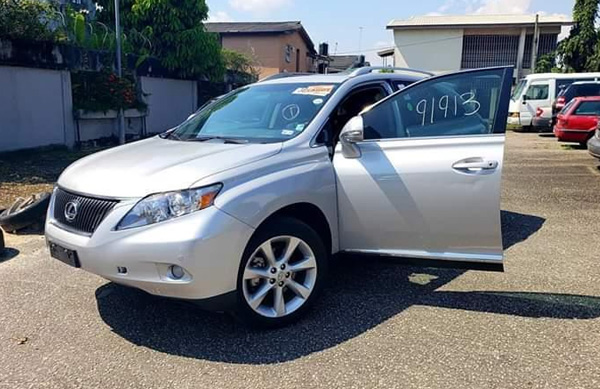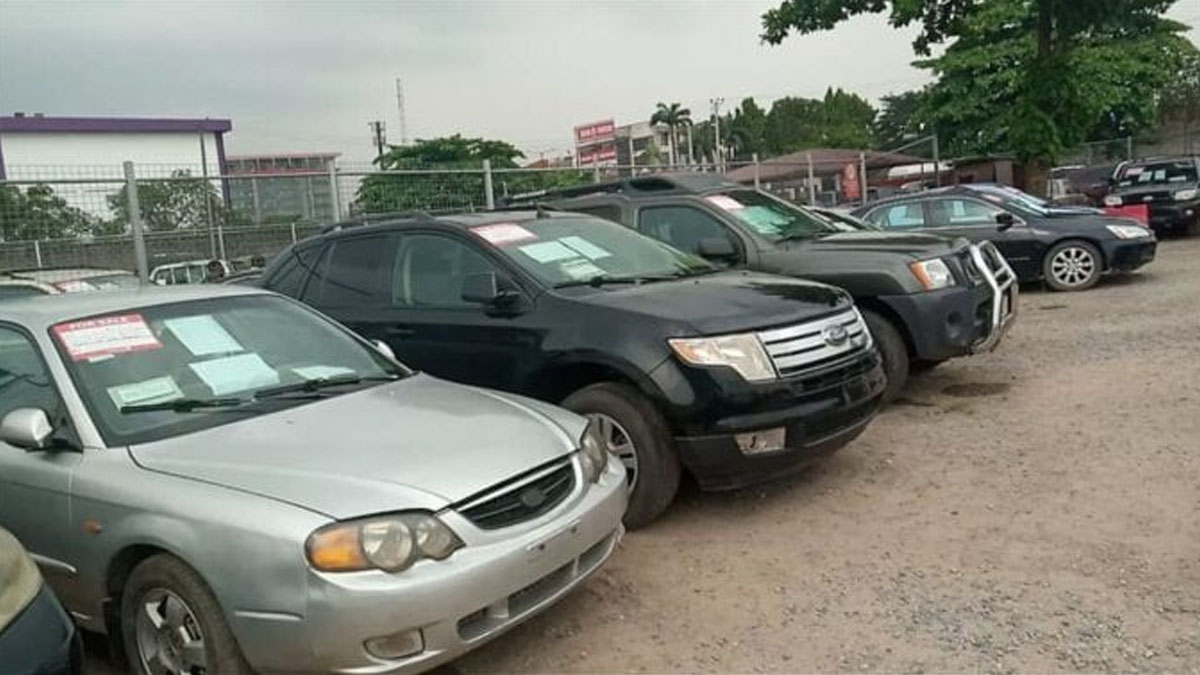According to the National Bureau of Statistics, in 2021, the Nigerian petroleum industry contributed 9.61% to the country’s GDP. It was also recorded that the demand for petroleum products continues to rise globally with a projected CAGR of 5.1% from 2021 to 2026. A petrol filling station, which forms a huge part of the petroleum industry, is a facility where petrol or gasoline is sold. Petrol filling stations typically provide a range of fuels such as petrol, diesel, kerosene, and sometimes compressed natural gas. The petrol filling station business in Nigeria is a lucrative sector of the economy, and it serves as the primary point of sale for petroleum products, with over 27,000 registered stations in the country.
Table of Contents
In this article, we’ll explore how much it costs to set up a petrol station in Nigeria and how profitable the business is.
The cost of setting up a petrol station in Nigeria
The cost of setting up a petrol station in Nigeria is very high, especially with the cost of things in Nigeria today. Petrol equipment is now very high. To start, operating a petrol station requires adhering to different regulatory bodies and obtaining different permits and licenses. However, this might not cost so much. The Department of Petroleum Resources (DPR) requires a license to operate, which costs around 500,000 Naira. Other permits and inspections can cost another 3 million Naira roughly. The real cost of setting up a petrol station starts when acquiring land; getting land in a good location is quite expensive. The cost of land varies greatly depending on location. In urban areas, the price ranges from 10 million to 50 million Naira, but in rural areas, the cost can be as low as 2 million Naira. However, the location should be easily accessible, have good traffic flow, and be within a safe distance from residential areas. The next step would be to hire an experienced architect and contractor to design the station and oversee the construction process. Construction costs can range from 50 million to 200 million Naira, depending on the scale of the project and how complex it is.
Once the construction is complete, you will need to install the necessary equipment, such as fuel dispensers, underground storage tanks, and safety equipment. Equipment costs can range from 30 million to 100 million Naira. The size of the station and the number of pumps will determine the cost too. Lastly, the cost of setting up everything and the initial inventory for fuel and other products might run into 10 to 50 million naira, depending on how big the station would be.
Conclusively, adding everything together, the cost of setting up a good petrol station in Nigeria is very expensive and is estimated to cost hundreds of millions of naira depending on the size of the franchise.
How profitable is a petrol station?
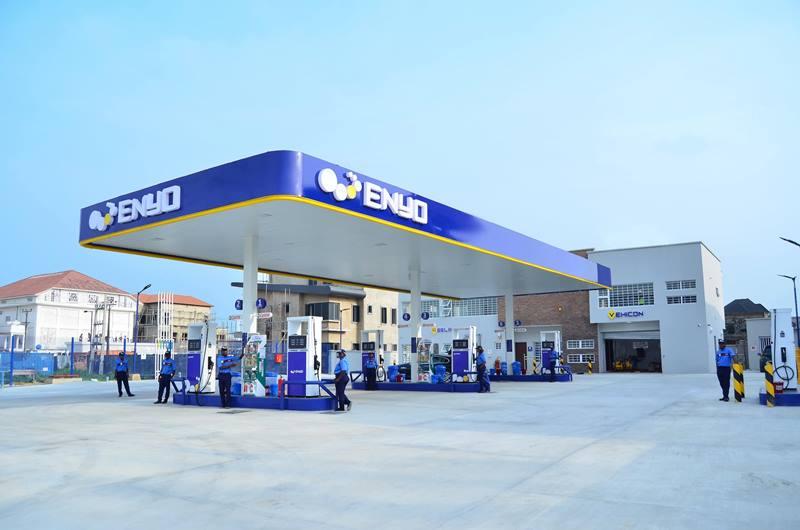
Owning a petrol station is a very profitable venture, especially in Nigeria, where almost everything runs on petrol. Nigeria is a country with over 180 million people, and it is estimated that Nigerians consume about 50 million litres of fuel daily, arguably the highest rate of petrol consumption in the whole of West Africa. It was also reported that Nigeria has the highest number of petrol stations in Africa. Industries, firms, and even individuals need petrol for their day-to-day activities. It could be for just commuting or as a source of electricity. Remember, almost every car in the country runs on fuel except electric cars, which is rare as they are owned by just 1% of the country’s population.
In a country without constant electricity, individuals, firms, and industries need petrol to power their generators and plants, which serve as a source of electricity. When there’s high demand for a product, profit is inevitable. And the demand for petrol by Nigerians daily makes a petrol station very profitable.
Some petrol stations not only provide gasoline for vehicles but also have some additional services such as gas stations for cooking gas, car washes, convenience stores, and auto repair, which can generate a lot of income.
The exact percentage of income made from owning a petrol station cannot be exactly stated because it depends on some factors, for example, location; a gas station in a high-traffic area or along a busy highway is likely to attract more customers. So the money made from owning a petrol station would differ based on the location of the business, competition, and the owner’s business plan. However, in a report made by Punch newspapers in 2015, it was estimated that petrol stations in Nigeria make a profit of approximately 184 million naira daily from the sales of petrol. They based the information on the fact that petrol stations make N4.60 on every liter of petrol sold to final consumers.
They had multiplied this by 40 million liters a day, which the Pipelines and Products Marketing Company, a subsidiary of the Nigerian National Petroleum Corporation, says Nigerians consume every day. This gave 184 million naira in a day. As of 2024, the total consumption of petrol by Nigerians is 50 million liters. So petrol stations in Nigeria make an estimated 230 million naira daily. Although this is collaboratively (as in a sum total of what all petrol stations make daily), it gives an idea of how profitable the business is.
Conclusion
Although setting up a petrol station is very expensive initially, it is a big investment, and it is a very profitable venture.
Have 1 million naira and above to Buy or Sell Cars In Nigeria? Check carlots.ng
All rights reserved. Reproduction, publication, broadcasting, rewriting, or redistribution of this material and other digital content on carmart.ng is strictly prohibited without prior express written permission from Carmart Nigeria - Contact: [email protected]

